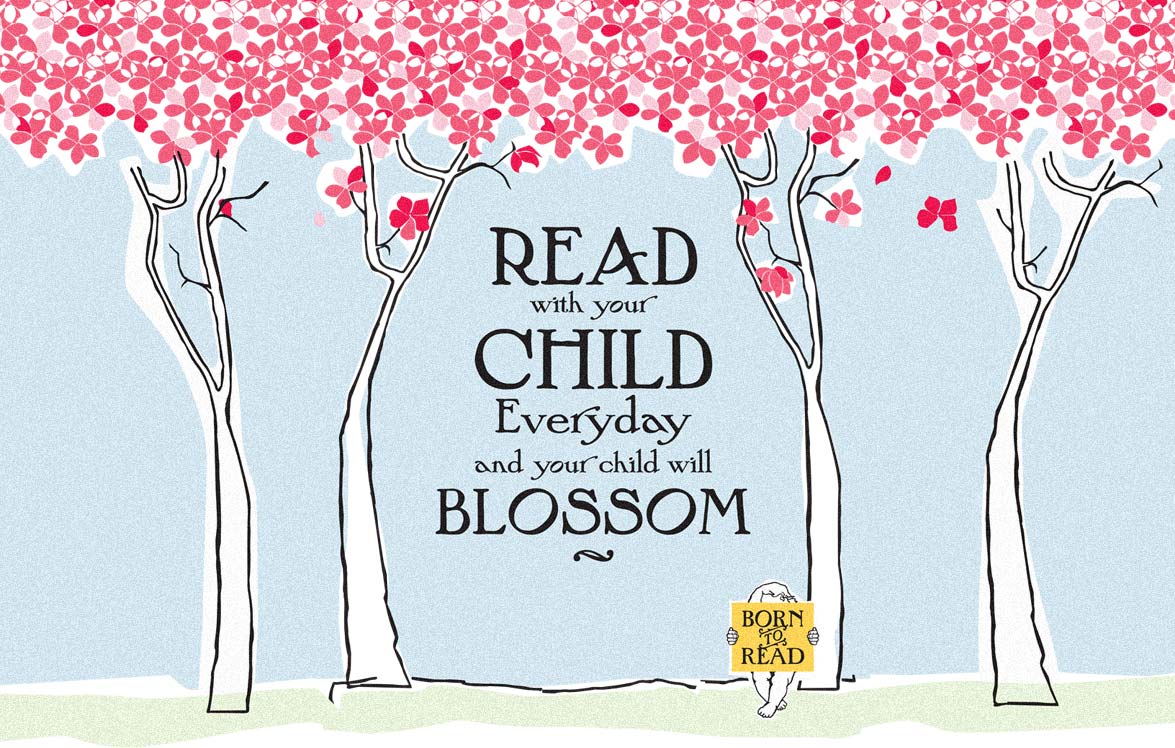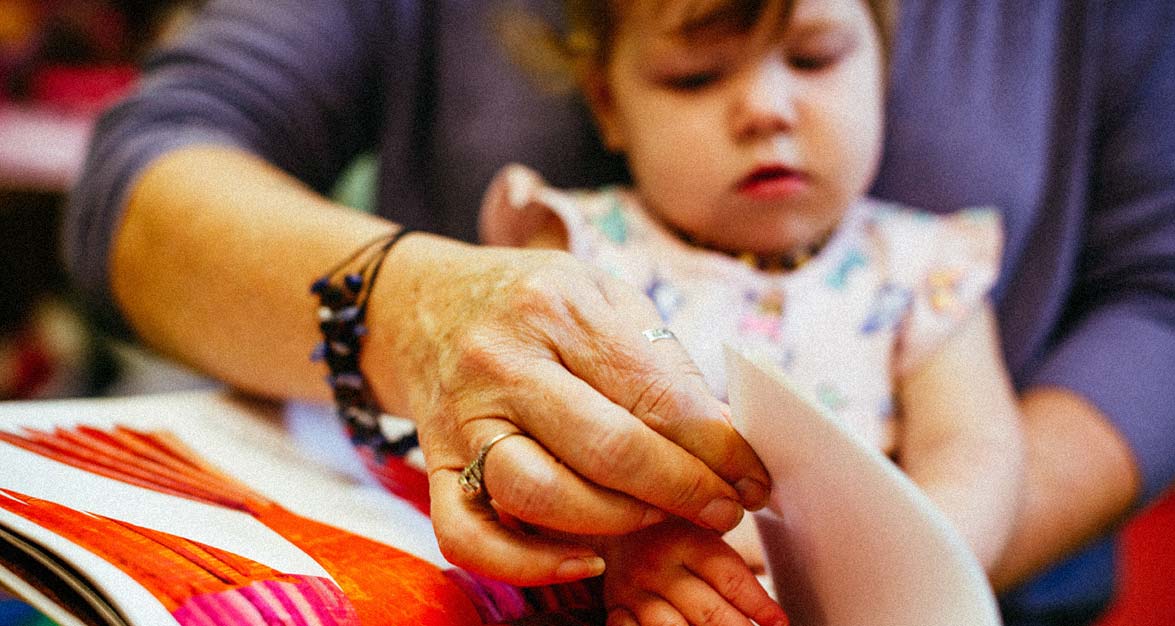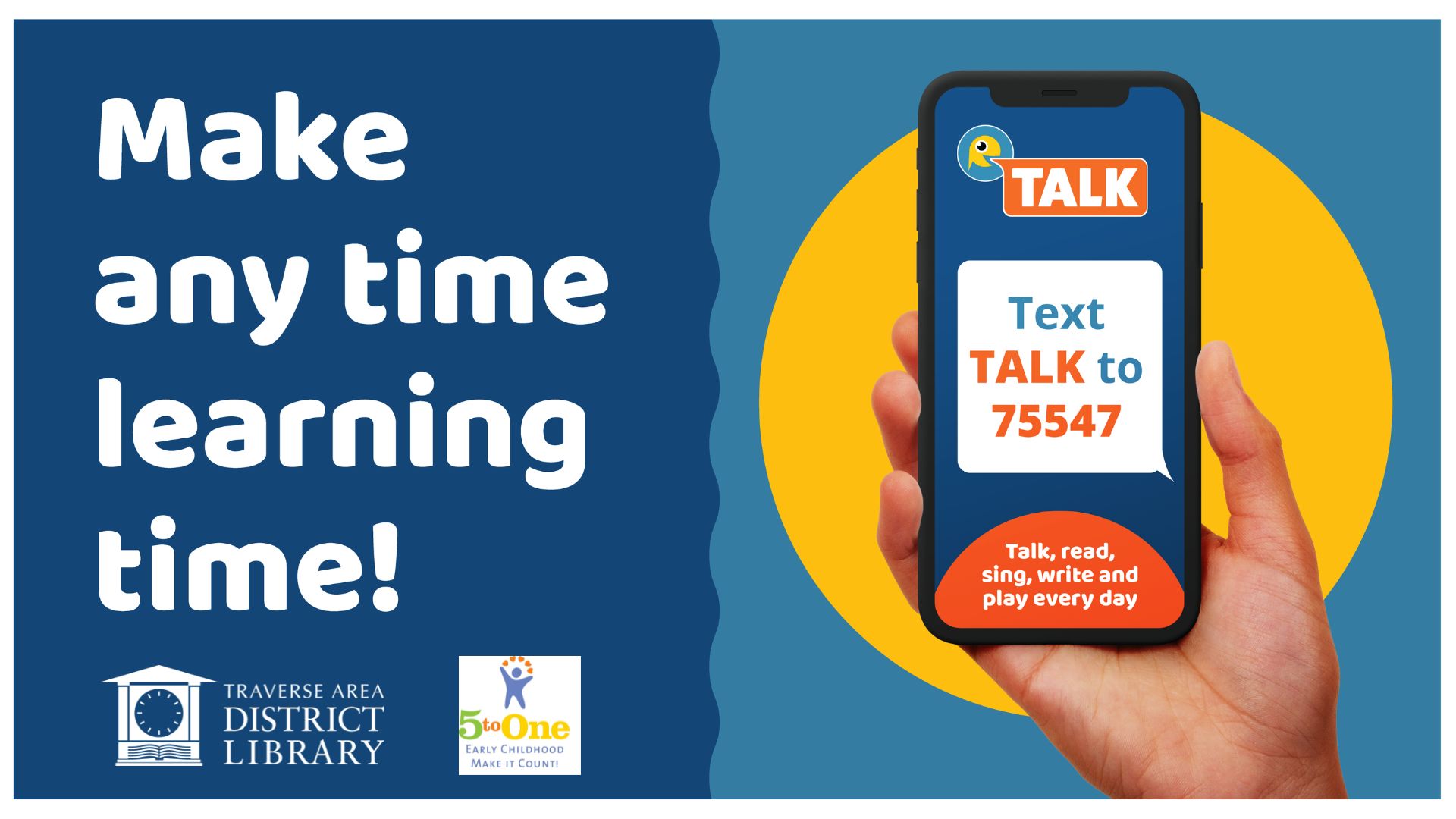

The first three years of life are the greatest and most critical period for brain development. Newborns learn from loving interactions with family members. Reading, talking, and singing with your baby everyday will help ensure success in school and in life. It’s never too early to start! Build books into your baby’s routine, at bath time, before naps and bedtime, and whenever either of you are stressed or anxious. The soothing rhythm of reading or story telling will calm both of you. You will strengthen the bond between you, help you both relax, and enhance your baby’s brain and language development.
Surround your child with fun reading activities. Take them to the library, neighborhood playgroups, and story times. Continue these nurturing reading routines from birth on and your child will blossom.


Storytimes are great opportunities for families to be exposed to new books, songs, and activities which help to ensure a fun and engaging life at home. The following libraries host storytimes for families of preschoolers. Click on the library name to view the library's calendar of events for up-to-date storytime days and times.
Antrim County
Benzie County
Grand Traverse County
Kalkaska County
Leelanau County

Visit the Traverse Area District Library website for more information. Better yet, visit in person and have fun looking at books, participating in story times, and more!
![]()
![]()
by American Academy of Pediatrics
1.
READ together every day
• It's never too early to start reading with your baby. Reading to your child boosts activity in parts of the brain that build language.
• The more words your baby hears, the more words your baby will understand.
• Read board books, vinyl bath books, fabric books. Let your baby play with the book.
2.
RHYME, play, talk, sing, and cuddle together often throughout the day
• Play, talk, and sing together throughout the day to help meet your child’s health and development milestones.
• Talk with your baby about things you see at home, the store, or while traveling.
• Join groups such as 5toOne playgroups, attend story time at local libraries, meet up with friends at the park, visit a museum, nature center, or farm.
• Telling a story can happen at any time!
3.
Build ROUTINES for meals, play and sleep
• Routines help your baby know what to expect, and what is expected from them.
• Brush - Book - Bed with baby is a great way to set a routine for nap and bedtime.
• Enjoy family meals together at least three times a week to nurture healthy relationships.
4.
REWARD everyday successes
• Catch your child doing something good and praise them for it! Especially when there's an effort to help others.
• Model good behavior and reinforce it. Use positive discipline to build your child’s ability to manage good behavior...to help others and self.
• Your child's social, emotional, and behavior skills are equally critical to school success.
5.
Develop RELATIONSHIPS that are nurturing, respectful, and consistent
• A strong parent-child relationship helps build your child’s chance of doing well in school.
• Strive to teach your child about healthy relationships and model them.
• Take time to nurture close friendships.
